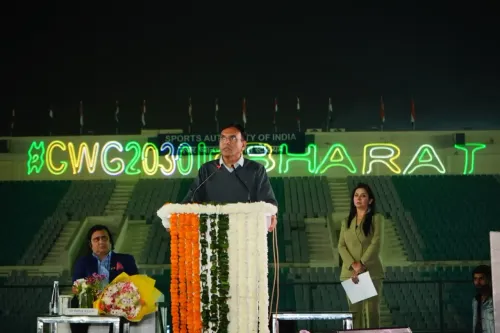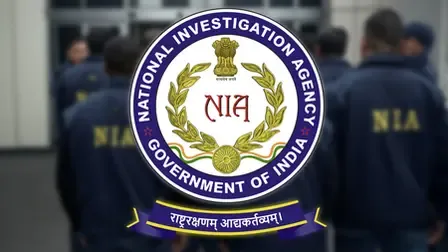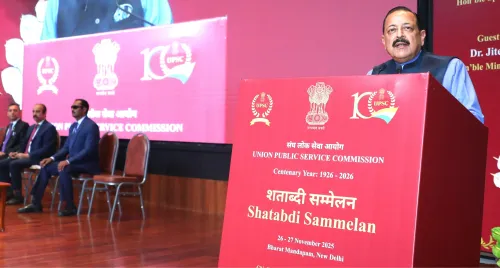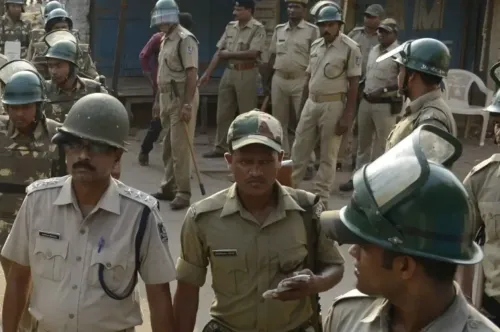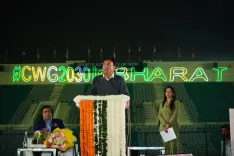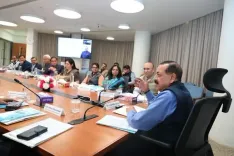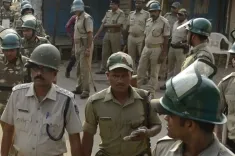Is Soyab the Key Suspect in the Red Fort Blast?
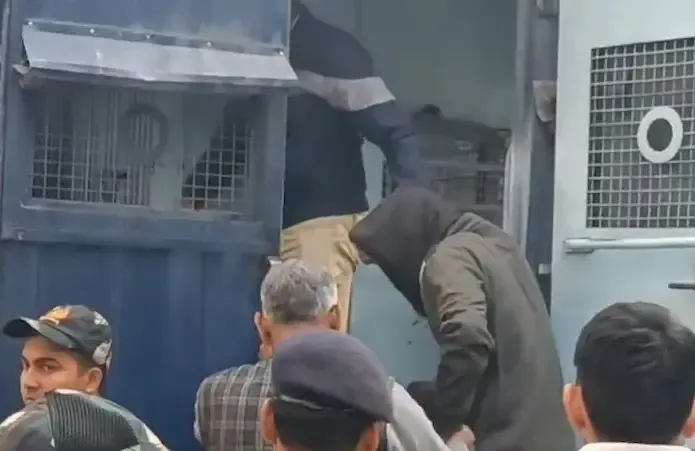
Synopsis
Key Takeaways
- Soyab has been remanded to NIA custody for 10 days.
- Aamir Rashid Ali's custody has been extended by 7 days.
- Soyab is the seventh arrest in connection with the Delhi terror blast.
- The NIA is pursuing leads to dismantle a larger terror network.
- Umar's methods included a 'mobile workstation' for bomb-making.
New Delhi, Nov 26 (NationPress) The National Investigation Agency (NIA) has received a 10-day custody of Soyab, the individual implicated in the Delhi terror blast incident, following his arrest in Faridabad earlier on Wednesday.
Soyab was brought before the Patiala House Court, which sanctioned his transfer to NIA custody for the duration of 10 days.
In addition, another significant suspect, Aamir Rashid Ali, had his NIA custody expiring on the same day. He was also presented before the court, which extended his custody for an additional seven days.
Earlier that day, the NIA apprehended Soyab, a resident of Dhoj in Faridabad, for providing shelter to terrorist Dr. Umar Muhammad, also known as Umar Un Nabi, just before the Delhi terror bombing.
Soyab marks the seventh individual to be arrested in connection with this case.
The NIA asserts that he not only sheltered Umar prior to the assault but also offered vital logistical support essential for executing the November 10 car bombing near the Red Fort, which resulted in multiple fatalities and numerous injuries.
Prior to this arrest, the NIA had detained six of Umar's close associates as part of ongoing investigations under case number RC-21/2025/NIA/DLI.
The NIA has indicated that it is diligently pursuing various leads related to the suicide bombing and has been conducting coordinated searches across multiple states, aided by local police forces. The agency aims to identify and apprehend all individuals linked to the broader terror network responsible for this attack.
Meanwhile, ongoing investigations have uncovered disturbing details regarding terrorist Umar's tactics and preparations.
Interrogation inputs from detained members of the terror module reveal that Umar operated what investigators describe as a 'mobile workstation' — a sizable suitcase filled with bomb-making tools, chemical compounds, and containers, which he transported everywhere.
Umar, who is a medical professional affiliated with Al-Falah University in Faridabad, reportedly conducted chemical experiments in his campus room prior to assembling the final Improvised Explosive Device (IED).
One of the arrested suspects, Dr. Muzamil Shakeel, also connected to the same university, confirmed to interrogators that Umar tested substances that were later utilized in the explosion.

